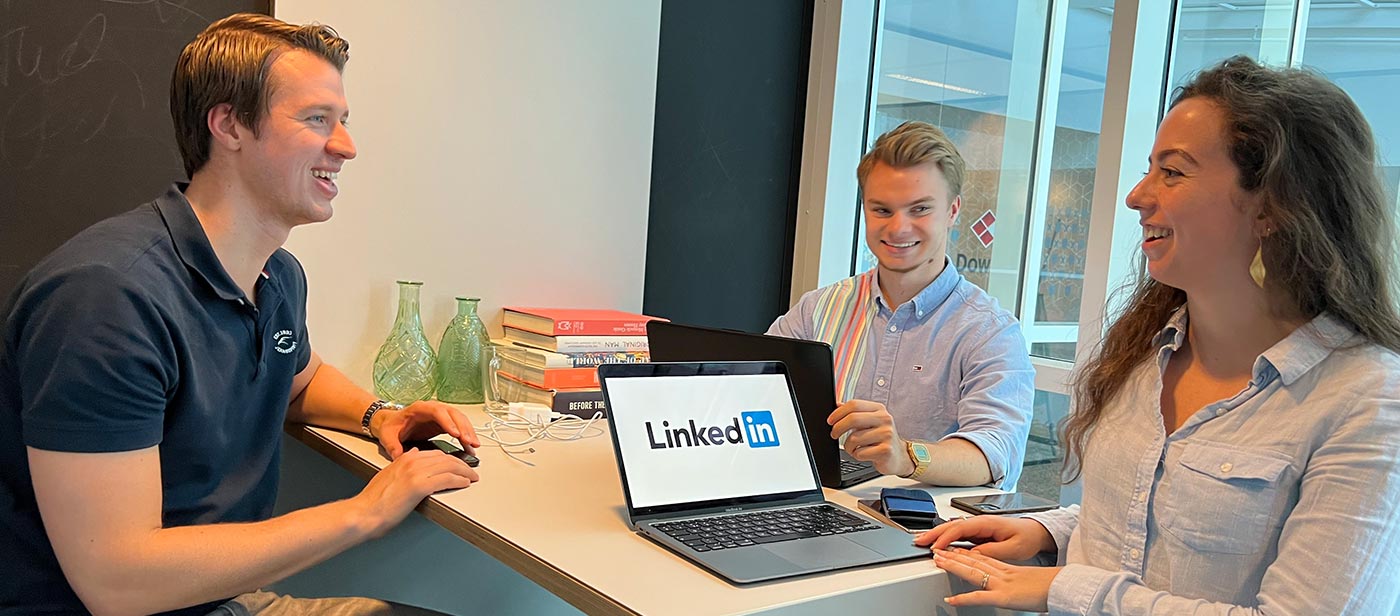You attend a networking event and meet someone who is genuinely interested in what you do. However, when you describe your job, their eyes glaze over. Why? Because your personal brand is not shining through. So, who actually needs a personal brand? It’s not limited to celebs or influencers. Whether you’re a company founder, an experienced entrepreneur, or a freelancer in digital marketing, personal branding is your hidden weapon for standing out and making significant connections. It’s about demonstrating your unique worth and creating a difference, regardless of where you are in your career.
Dispelling myths about personal branding
Let’s get things straight. Many myths exist around personal branding, and we want to dispel them.
Myth 1: Personal branding is appropriate exclusively for self-promoters or extroverts.
Do you believe that people who enjoy the limelight are the only ones who should use personal branding? Rethink it. It’s important to convey your point clearly and consistently rather than loudly. You may establish a powerful personal brand by exhibiting your knowledge and distinct viewpoint in your industry, even if you’re more of a behind-the-scenes kind of person.
Myth 2: Having a personal brand needs a large social media following.
Although it’s not a requirement, having a large following can certainly assist. Relationship quality is more important to your personal brand than quantity. Concentrate on interacting with your audience, offering insightful commentary, and fostering deep connections. A hundred people who respect and believe in you is better than ten thousand people who hardly pay you any attention.
Myth 3: Personal branding is misleading or artificial.
It’s not appropriate to fabricate a persona for personal branding. It’s all about emphasizing your greatest qualities and values as a person. Genuineness is essential. Stay loyal to who you are because others can tell when you’re not being sincere. Talk about your genuine encounters, accomplishments, and even setbacks. It’s what makes you relatable and trustworthy.
Myth 4: You can’t start developing your personal brand now.
There’s always time to get started. Your personal brand changes as you do, regardless of how long you’ve been in the industry. Start small by participating in professional networks, offering industry ideas on LinkedIn, or upgrading your profile. Every move you make in the digital B2B space contributes to the development of your brand and highlights your worth.
Who benefits from personal branding?
Personal branding is not just for celebrities; it is an effective strategy for many people. Let’s examine how it benefits various groups.
Professionals of all levels
Personal branding is essential for any employee seeking a promotion, a boss looking to create authority, or a job applicant looking to stand out. It enables employees to promote their accomplishments and skills, making them more apparent to recruiters and executives. Managers can promote themselves as industry leaders by sharing their experiences and triumphs. For job searchers, a strong web presence with exhibited work and endorsements can help you stand out in a competitive market.
Entrepreneurs and business owners
Personal branding helps company owners develop trust with their clients by sharing their story and expertise, demonstrating the person behind the business. It impresses investors and partners by showcasing your credibility and knowledge. In a competitive market, a personal brand sets you apart by emphasizing your distinctive approach, background, and beliefs. This makes you more personable and trustworthy, attracting clients who share your personal narrative and goal.
Creatives and freelancers
Personal branding provides enormous benefits to creatives and freelancers alike. It’s your calling card, presenting your distinct abilities and portfolio to attract ideal clients. By developing your brand, you may attract clients that value your skills and are prepared to pay for them. Sharing your work on social media, participating in industry forums, and continuously producing excellent material establishes you as a thought leader, increasing your reputation and bringing up new prospects.
Embrace your personal brand journey
Personal branding is for everyone, from employees to entrepreneurs. It helps you stand out, build trust, and make a difference. Start small: update your LinkedIn, share your expertise, and engage with your community. If you need further assistance, we are here to help you.
Frequently Asked Questions
How can I determine if personal branding is good for me?
If you want to stand out, gain trust, and develop connections in your profession, personal branding is for you. It is about demonstrating your distinct abilities and ideals. A strong personal brand may help you advance in your job, start a business, or work freelance.
Where should I start when developing my own brand?
Begin by defining what makes you distinctive. Update your LinkedIn profile, offer your skills via blogs or social media, and participate in your industry’s community. Maintain a consistent message that is clear and honest.
What are some of the most typical mistakes people make with personal branding?
One typical error is pretending to be someone you aren’t. Authenticity is important. Another example is failing to maintain an internet presence. Maintain professional and up-to-date profiles. Finally, don’t focus just on self-promotion; instead, provide value and interact meaningfully with your audience.

